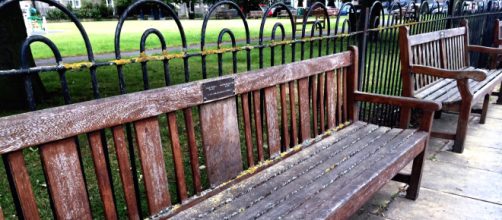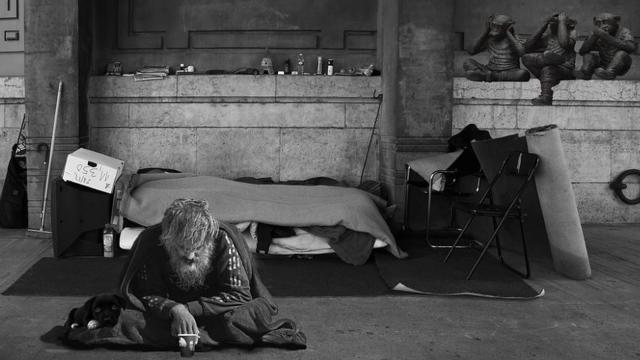A new report by St Mungo’s Homelessness Charity indicates that problems faced by those sleeping on the streets are getting worse. A particularly concerning finding is that death rates are increasing at an alarming rate. Citing figures reported by The Guardian, the report stated that between the start of January and the end of April this year, 40 people have died. This is noted to be greater than the number for all of 2013.
Responses to a survey issued by St Mungo’s to homelessness outreach teams across England and providing the basis for today’s report, suggest that along with increasing death rates, it has become harder for those who are sleeping rough to access important services.
This includes mental health services, emergency accommodation, and drugs and alcohol services.
Lack of availability of key mental health services
With high numbers of those who are sleeping rough having a mental health illness or substance misuse problem, the report argues that access needs to become easier and services providing for rough sleepers who are in those categories need to increase. The majority of survey answers stated there was a non-availability of key mental health services in their area while 70% reported that it had become more difficult to access support for mental health. Similar findings were found regarding help for those with drug or alcohol addictions, though the figure for access to help becoming more difficult was less at 42%.
Figures indicate that among those who have died, mental health or substance misuse problems affected a very high proportion. St Mungo’s analysis of data reveals that the figure in London stands at 90% since 2010.
Furthermore, accessing emergency accommodation, important for protection from the elements and violence, got more difficult according to 64% of survey respondents. Provision of adequate emergency accommodation is reported as being a way to lower rates of rough sleeping especially for those who are facing homelessness for the first time as the accommodation providers can offer information on other services and guidance on getting a place to stay on a long-term basis.
When put into the context of the percentage increase in those who have been sleeping rough over the past five years in England, 97%, the report findings indicate improvements are arguably needed.
St Mungo’s recommendations
The charity’s report advocates for the government to take a number of actions. This includes improving access to services providing help to those affected by homelessness and increasing funding for those services. It also calls for confirming that “multi-agency reviews always take place following the death of anyone sleeping rough.” Currently, only 23% of respondents reported being aware of a review taking place after a death. The carrying out of reviews would aid in the reforming of services to lower risk of deaths of other people sleeping rough in the future.
Government attempts to tackle homelessness
The Homeless Reduction Act, applying from April 3 of this year, is preventative in nature and is aimed at decreasing the numbers of those becoming homeless by increasing the responsibilities of local councils.
A pilot case study used in the government press release announcing the act coming into force suggested positive impacts of the legislation. It is too early to say whether the rate of homelessness in that London borough, Southwark, has seen further improvements since the official England-wide launch of the act as homelessness report dates from April to June are not due to be released by London Datastore until the end of July.
Homelessness charity, Centrepoint, said in a report on the early aftermath of the Act’s enforcement that the Act “marks a fundamental shift towards a preventative approach, improving the support available to those who are homeless or at risk of homelessness.” It also cautioned, however, that areas including the welfare system could “prove to be an insurmountable challenge” to the effectiveness of the Act.
This sentiment was echoed in a briefing from UK-wide charity, Shelter, which stated that the commendable intentions of the Act “will be undermined” if areas like housing policy are not amended. They have further said that more than the Act is needed if homelessness is going to be lowered.
Around the UK, homelessness is also a concerning issue. Statistics from the Scottish Government indicate that in 17 out of 32 local Scottish authorities, applications of homelessness became greater with an overall rise of 1% across Scotland. This was for the timescale from April 2017 to March 2018. In Northern Ireland support was requested from the government by nearly 20,000 people in 2017.
The British government has pledged to eradicate rough sleeping by 2027. Today’s report released by St Mungo’s shows that there remains much to be done to effectively tackle the issue.




